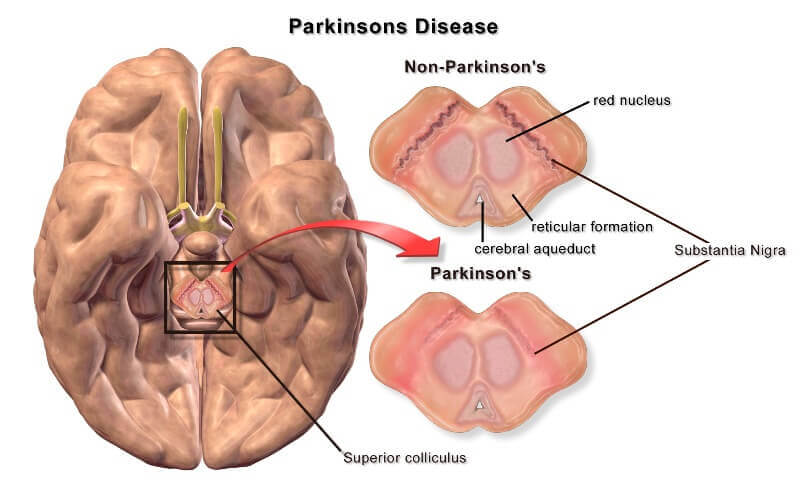A preoperative nurse is caring for a client who is being prepped for emergency surgery related to a small bowel obstruction. The client is anxious and doesn’t understand what the surgeon means by “adhesions” causing the blockage. Which of the following statements is the best response from the nurse?
The most important thing is that now you are here, and it is going to get taken care of.
This means that scar tissue formed from the healing of a past abdominal surgery is now constricting the opening in your intestine.
I will be happy to go and get you some reading materials about this procedure to explain it further.
It’s okay. It happens all the time and I’ve seen a lot of clients with this issue.
The Correct Answer is B
Choice A Reason: The most important thing is that now you are here, and it is going to get taken care of
While this statement is reassuring, it does not provide the client with the specific information they are seeking about adhesions. Clients often feel more at ease when they understand the cause of their condition. Providing clear and accurate information helps reduce anxiety and empowers the client to be more involved in their care.
Choice B Reason: This means that scar tissue formed from the healing of a past abdominal surgery is now constricting the opening in your intestine
This statement is the best response because it directly addresses the client’s question about adhesions. Adhesions are bands of scar tissue that can form after abdominal surgery, causing organs or tissues to stick together. These adhesions can constrict the intestines, leading to a blockage. Providing this explanation helps the client understand the cause of their condition and the reason for the surgery.
Choice C Reason: I will be happy to go and get you some reading materials about this procedure to explain it further
Offering reading materials can be helpful, but it does not immediately address the client’s anxiety or their specific question about adhesions. While additional information can be beneficial, the nurse should first provide a clear and direct explanation to help the client understand their condition.
Choice D Reason: It’s okay. It happens all the time and I’ve seen a lot of clients with this issue
This statement may come across as dismissive and does not provide the client with the information they need. While it is important to reassure the client, it is equally important to provide specific information about their condition. Understanding the cause of their symptoms can help reduce anxiety and improve the client’s overall experience.
Nursing Test Bank
Naxlex Comprehensive Predictor Exams
Related Questions
Correct Answer is B
Explanation
Choice A Reason:
Asking about the last physical exam is important for understanding the client’s overall health history, but it is not the most critical question for assessing the risk factors specific to Parkinson’s disease.
Choice B Reason:
This is the correct answer. Family history is a significant risk factor for Parkinson’s disease. Genetic factors can play a role in the development of the disease, and knowing if any family members have Parkinson’s can help in understanding the client’s risk and planning appropriate care.
Choice C Reason:
While occupational history can provide insights into potential environmental exposures that might contribute to Parkinson’s disease, it is not as directly relevant as family history in assessing the risk of developing the disease.
Choice D Reason:
The amount of coffee consumed daily is not directly related to the risk of developing Parkinson’s disease. Some studies suggest that caffeine might have a protective effect, but this is not a primary factor in assessing the disease.

Correct Answer is B
Explanation
Choice A Reason:
This option suggests removing the mask before removing gloves. However, the correct procedure is to remove gloves first, followed by the mask, to prevent contamination from the gloves to the face.
Choice B Reason:
This is the correct answer. Medical masks should be discarded after each use to prevent contamination and ensure effectiveness. Reusing masks can lead to the spread of pathogens.
Choice C Reason:
While positioning the mask correctly is important, the statement contains an error. The flexible metal piece should be at the top of the mask, not the bottom.
Choice D Reason:
Touching the front of the mask while wearing it is incorrect as it can lead to contamination. The front of the mask is considered contaminated, and touching it can transfer pathogens to the hands.
Whether you are a student looking to ace your exams or a practicing nurse seeking to enhance your expertise , our nursing education contents will empower you with the confidence and competence to make a difference in the lives of patients and become a respected leader in the healthcare field.
Visit Naxlex, invest in your future and unlock endless possibilities with our unparalleled nursing education contents today
Report Wrong Answer on the Current Question
Do you disagree with the answer? If yes, what is your expected answer? Explain.
Kindly be descriptive with the issue you are facing.
